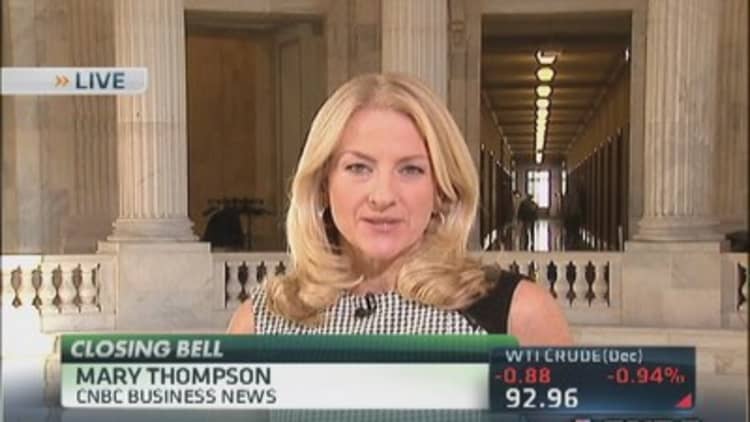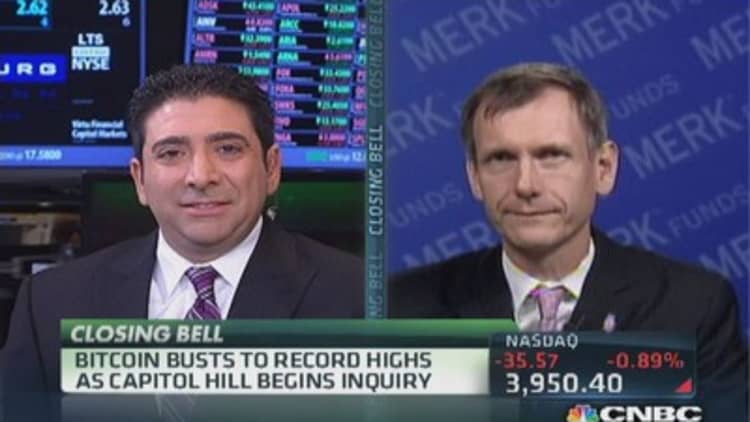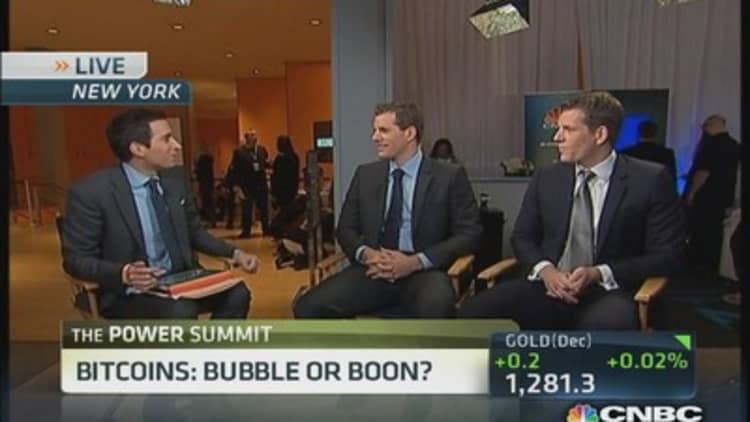Many virtual currency services do not have the proper controls in place to prevent money laundering and stop bad actors from dodging U.S. laws, a top Justice Department official will tell lawmakers on Monday.
"Many are still struggling with implementing appropriate anti-money laundering, know-your-customer and customer due diligence programs,'' said Mythili Raman, the acting assistant attorney general for the Justice Department's Criminal Division, in prepared testimony before a U.S. Senate panel.
"As members of the U.S. financial community, virtual currency services can and must safeguard themselves from exploitation by criminals and terrorists by implementing legally required anti-money laundering and know-your-customer controls.''
Raman will appear alongside top officials from the Secret Service and Financial Crimes Enforcement Network before the Senate Homeland Security Committee on Monday, when they will answer questions about the growing use of digital currencies such as Bitcoin, and whether the government is doing enough to police the market.
(Read more: Beware of bitcoin-related Ponzi schemes, says SEC)

Virtual currencies or digital cash have increasingly become a popular new way to purchase goods or services.
Although they are not regulated or issued by a central bank, they have been touted by some as an alternative currency in countries facing financial instability.
The most popular virtual currency is Bitcoin, which exists through an open-source software program and has its supply controlled by a computer algorithm.
(Read More: What does the FBI do with $3 million bitcoins?)

But critics have raised concerns about a lack of regulatory oversight over virtual currencies and the fact that some of them can be transferred anonymously, raising fears that they could be used by scam artists.
Over the past year, U.S. authorities have taken action against several players in the digital currency space.
In May, U.S. authorities seized two accounts linked to the Tokyo-based exchange Mt. Gox, the major operator for the Bitcoin digital marketplace, after it failed to register with the Financial Crimes Enforcement Network.
(Read more: Could China make or break bitcoin?)

Around the same time, U.S. criminal authorities also indicted the operators of the digital currency exchange Liberty Reserve and accused the company of helping criminals launder more than $6 billion in funds linked to everything from child pornography to software used for bank hacking.
In October, federal authorities shut down an online marketplace called Silk Road that was used for purchasing drugs and hiring hit men.
(Read more: Winklevosses: Bitcoin worth at least 100 times more)
Federal officials will tell lawmakers on Monday that while some digital currency operators are striving to comply with U.S. laws, they still remain concerned that even these may become "unwitting conduits for illicit transactions."
—By Reuters.

